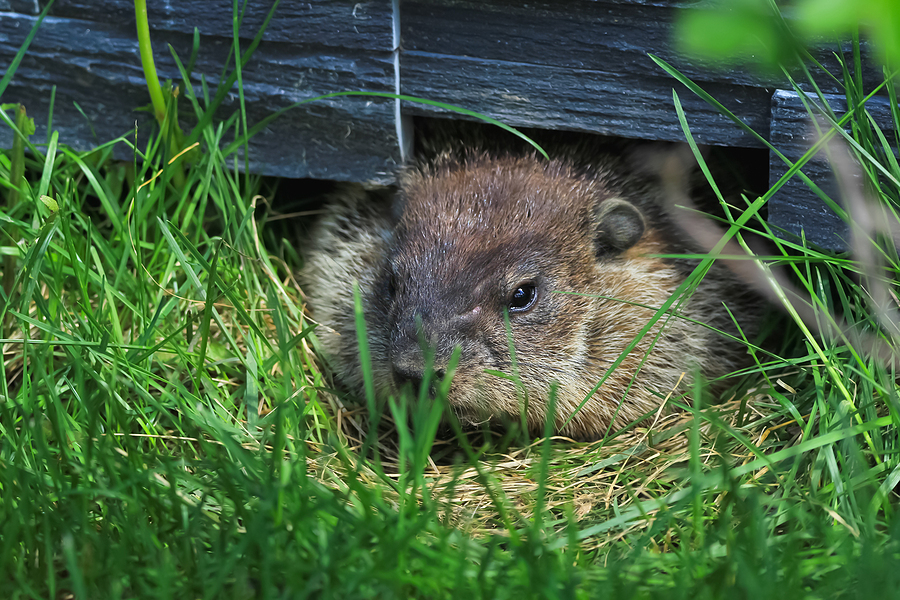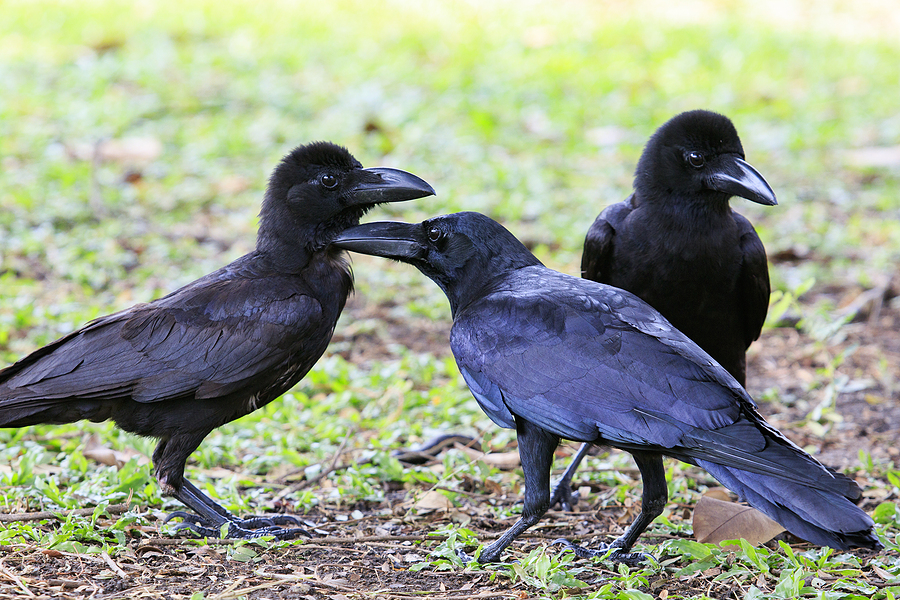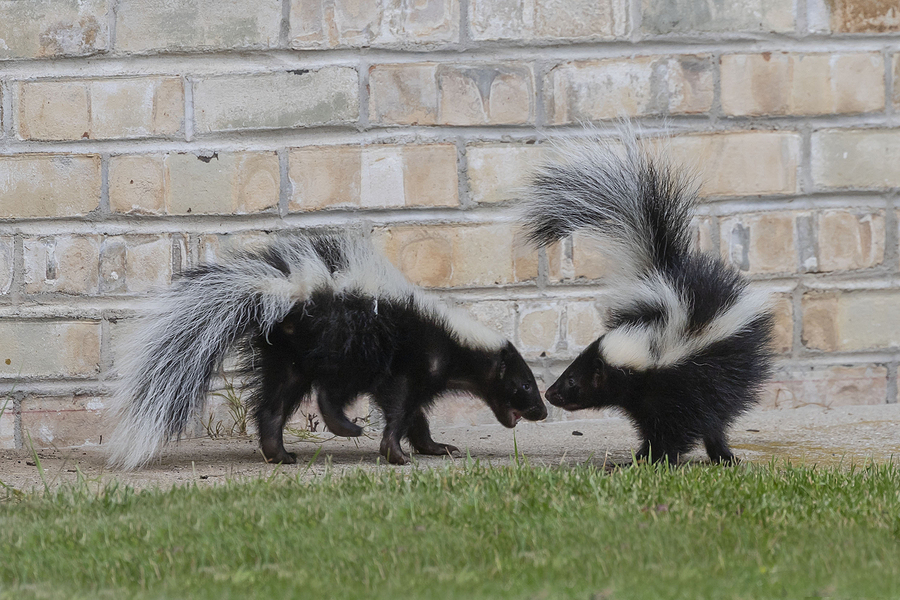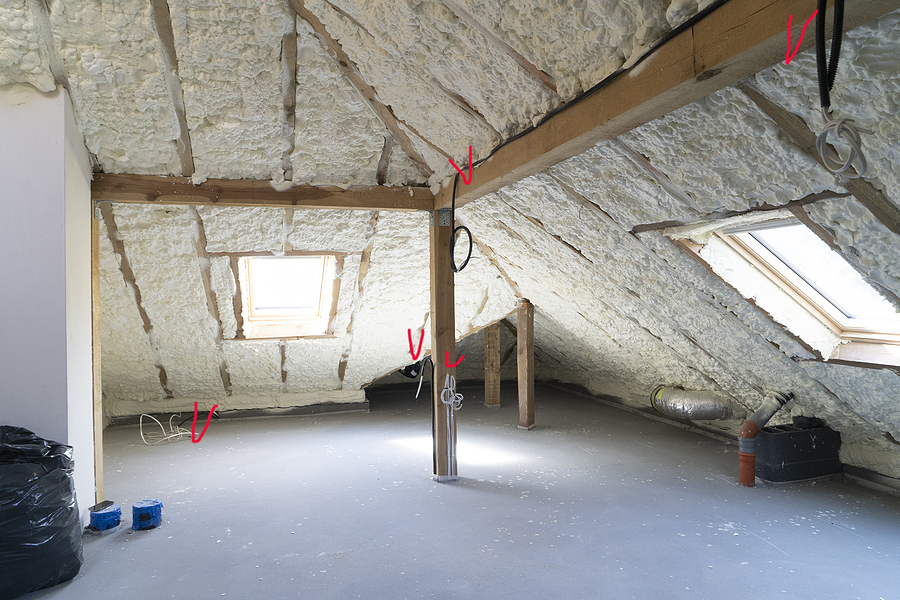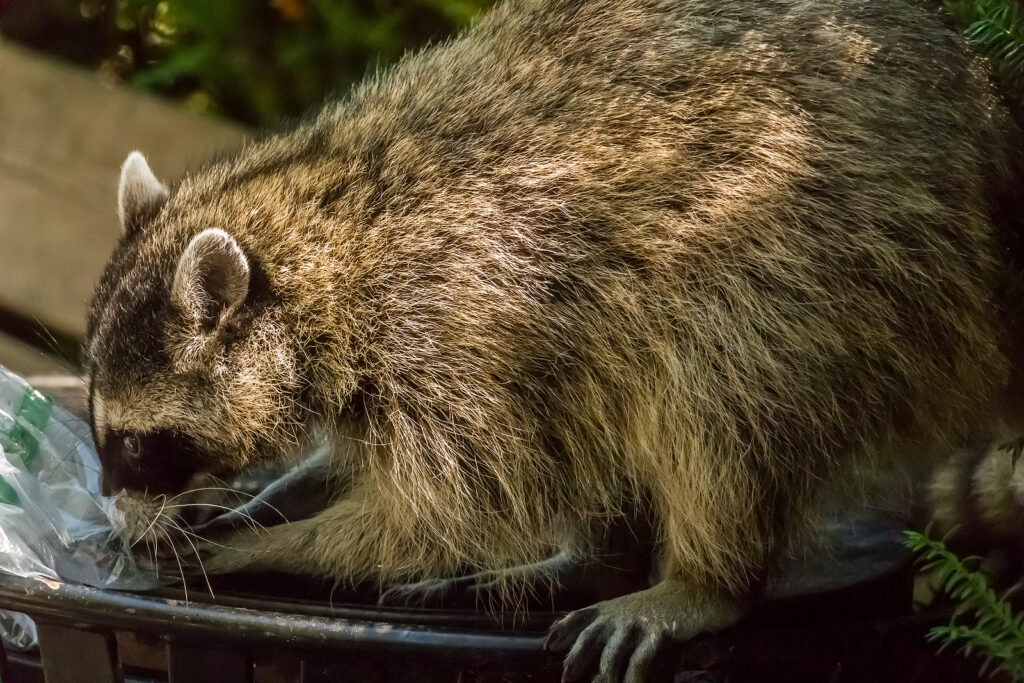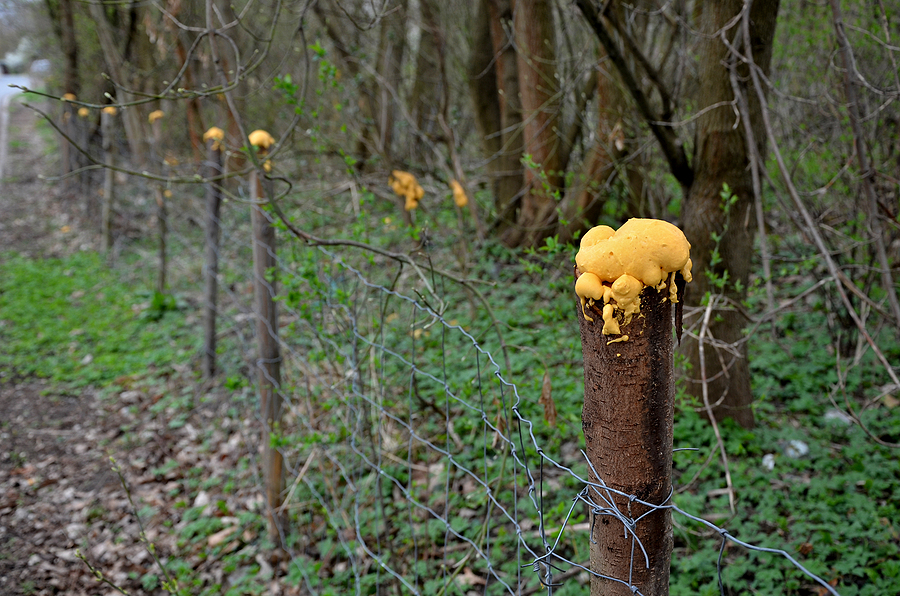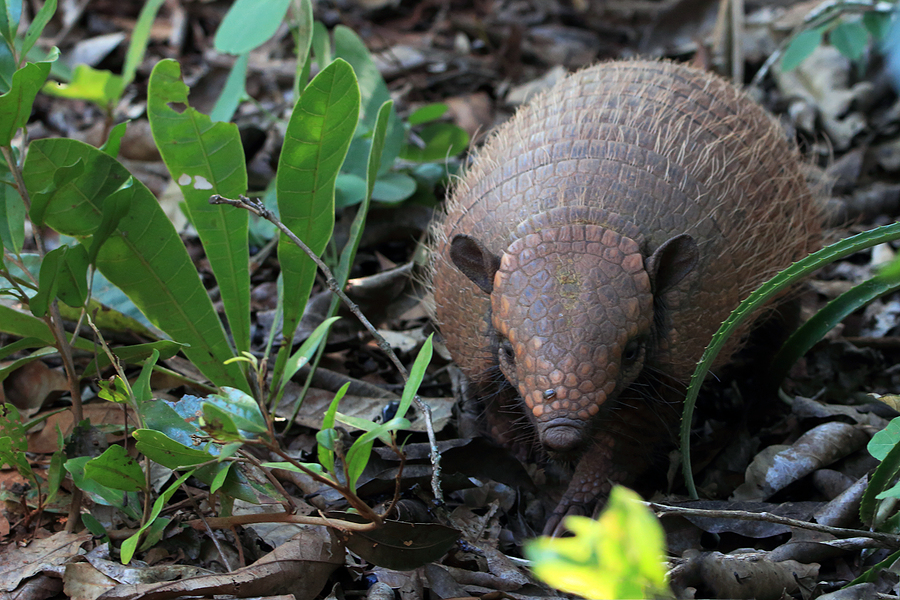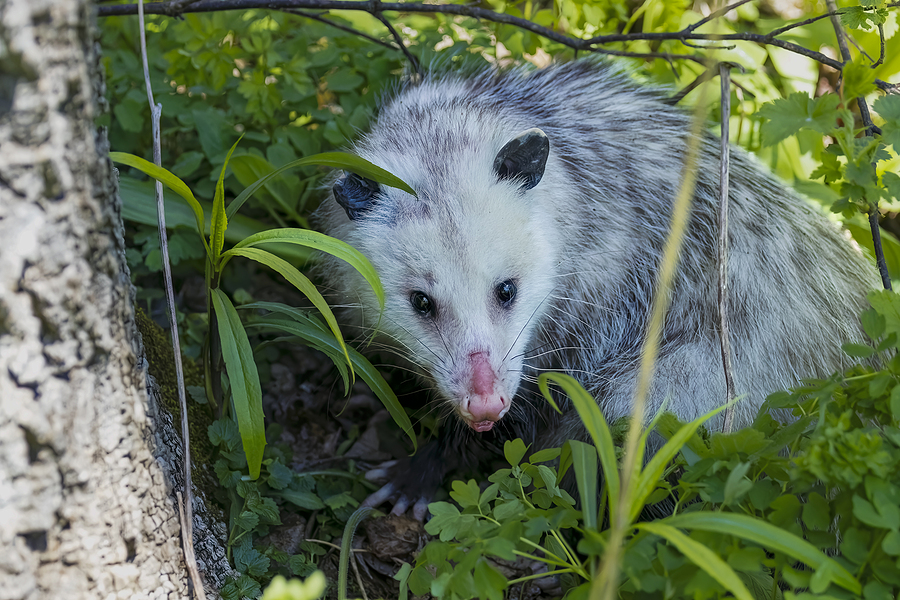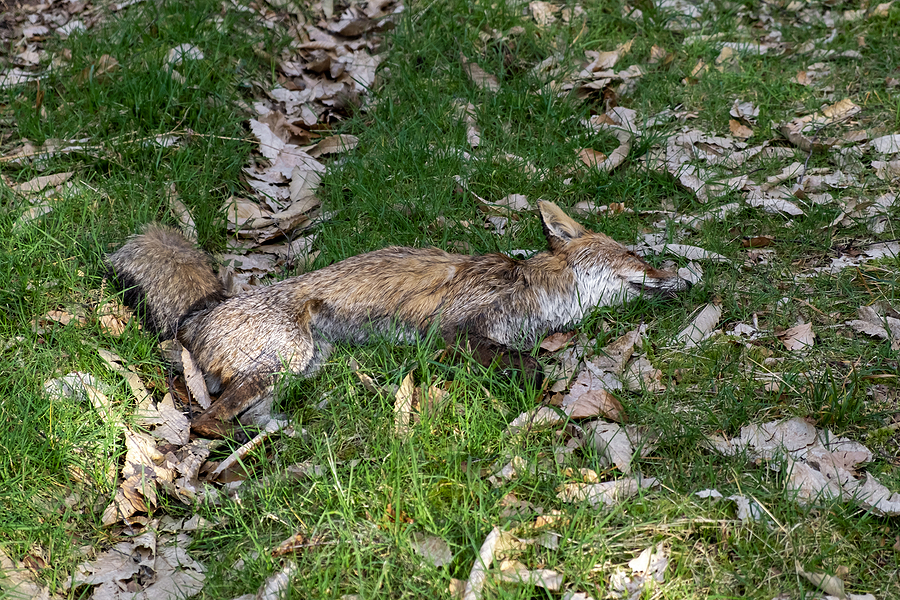Welcome to our comprehensive guide on dead deer removal and deer repellent. Many homeowners and garden enthusiasts face the common problem of deer intrusion, which often results in the need for dead deer removal or the use of deer repellents.
This blog post will answer some of the most frequently asked questions about these topics, providing valuable insights and practical solutions. Whether you’re dealing with a deceased deer on your property or looking for effective deer deterrents to protect your precious flora, this guide is designed to help you navigate these challenges. Let’s dive in.
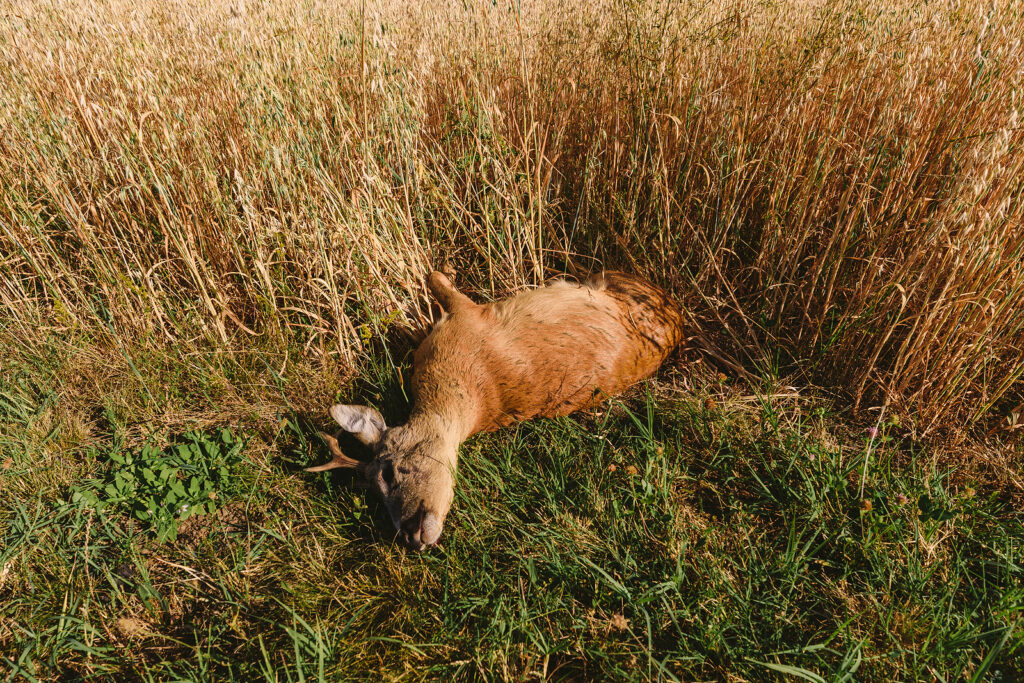
Frequently Asked Questions About Dead Deer and Deer Repellent
What are the common reasons for deer intrusion?
Deer, especially white-tailed deer, are known to be voracious eaters and can cause significant damage to gardens, crops, and landscaping. They are attracted to plants that have a high nutritional value or taste good to them, such as fruit trees, vegetables, roses, and tulips. Additionally, urbanization and development have encroached on deer habitats, forcing them to seek food sources in residential areas.
Do you have to report a dead deer?
It’s an unfortunate sight to come across a dead deer while traveling on the road, but do you have to report it? The answer is yes, it’s important to report a dead deer to local authorities. Not only does it ensure proper removal, but it also helps prevent any potential accidents on the road. Dead deer removal service is crucial as it can attract scavengers and other wildlife, which creates a hazardous situation for drivers. Remember to be cautious and report any dead deer you come across to ensure the safety of everyone on the road.
Is it legal to remove dead deer from my property?
The laws regarding dead deer removal vary by state, so it’s essential to check your local regulations. In most cases, if the deer dies of natural causes or is hit by a vehicle, you are responsible for its removal. However, if the deer was killed by hunting or in a designated hunting area, it is the responsibility of the hunter to remove it. If you are unsure about the laws in your area, contact your local wildlife agency for clarification.
What should I do if I find a dead deer on my property?
If you come across a dead deer on your property, it’s essential to take the necessary precautions before attempting any removal. First, make sure that the deer is indeed deceased and not just injured or sleeping. If it’s safe to do so, approach the deer and check for signs of life, such as breathing or movement. If you are uncertain, it’s best to contact a professional dead deer removal service.
How can I prevent deer from intruding on my property?
There are several methods for deterring deer, including physical barriers, scent-based repellents, and noise deterrents. Fencing is a popular option but can be expensive and may not always be aesthetically pleasing. Scent-based repellents that mimic the smell of predators or human urine can also be effective, but they need to be reapplied regularly. Noise deterrents, such as motion-activated sprinklers or ultrasonic devices, can startle deer and ward them off your property.
Are there any natural remedies to keep deer away?
Yes, some natural ingredients may help repel deer from your property. Some homeowners have had success using homemade deer deterrent sprays made from garlic, onions, or hot peppers. Planting certain flowers and herbs, such as marigolds, chives, or lavender, can also act as natural deer deterrents. However, these methods may not work for all deer species and may need to be combined with other repellents for maximum effectiveness.
Can I use deer repellent on my edible plants?
Yes, many commercial deer repellents are safe to use on edible plants. However, it’s essential to read the label and follow the instructions carefully. Some repellents may need to be applied at specific times or washed off before consuming the plants. If you are using natural homemade remedies, it’s best to avoid spraying them directly on edible plants as they may affect their taste.
What should I do if deer continue to intrude on my property despite using repellents?
In some cases, deer may become habituated or immune to certain repellents over time. If this happens, it’s best to switch up your deterrence methods and combine different tactics. For example, you can alternate between scent-based and noise deterrents or try using a combination of natural remedies and commercial repellents. It’s also important to regularly monitor and maintain your deterrents to ensure their effectiveness.
What do I do if dead deer removal is not allowed in my area?
If the law prohibits you from removing a dead deer from your property, it’s best to contact your local wildlife agency or animal control. They will have the necessary equipment and expertise to safely dispose of the carcass without violating any laws or posing a health hazard. It’s essential to follow the proper channels in these situations and avoid taking matters into your own hands.
Conclusion
Deer intrusion can be a frustrating and costly problem for homeowners, but there are various effective methods for dead deer removal and deer repellent available. Whether you opt for professional services or DIY solutions, always make sure to follow the laws and take necessary precautions to ensure your safety and the well-being of these beautiful animals. With a combination of persistence, patience, and proper deterrence, you can successfully keep deer away from your property. We hope this guide has provided valuable insights and helpful tips for dealing with dead deer removal and deer repellent.
Are you having some serious trouble with nuisance deer around your property? Got a deceased one in your yard? Contact Smoky Wildlife Control at 615-610-0962 for TWRA licensed and insured dead deer removal and deer control in Nashville, Tennessee and beyond. We also work with many other types of wildlife.
Related Posts:
What to Do When You Find a Dead Animal in Your Yard
How to Eliminate Dead Animal Odor in Your House
Top 3 Tips for Dead Animal Removal

